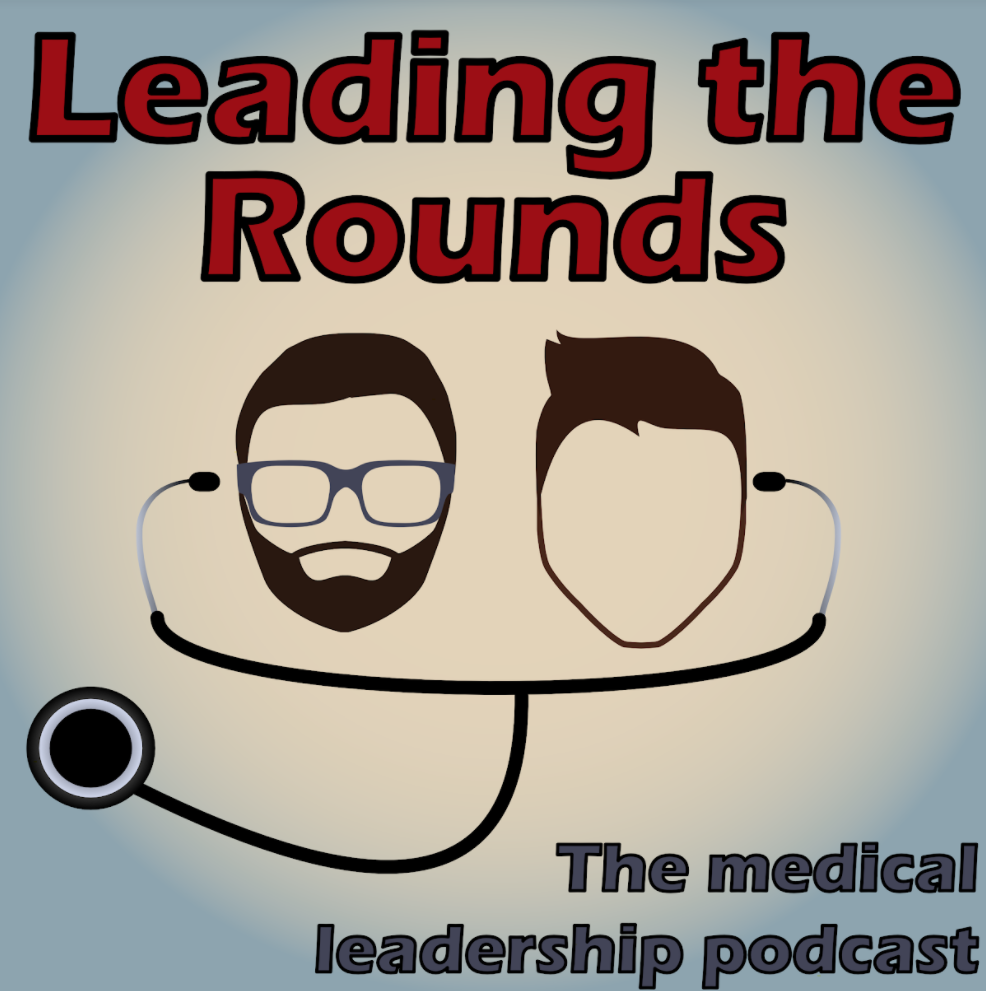In this episode we interview Dr. Ijeoma Nnodim Opara. Dr. Opara received her medical degree from Wayne State University School of Medicine (WSUSOM) and completed a medicine-pediatrics residency at the Detroit Medical Center where she served as chief medical resident. Currently, she is a double-board certified and an assistant professor of internal medicine and pediatrics.
She is the associate program director of the internal medicine-pediatrics residency and attending physician with Wayne State University Physician Group.
She is certified in Clinical Teaching by the Stanford Clinical Teaching Program and an inaugural fellow of the Academic Leadership Academy of Wayne State University. She is passionate about mentorship and medical education.
She is the founding director of an innovative residency curriculum called “Health Equity and Justice in Medicine,” and co-founding director of Wayne State University Global Health Alliance program and co-created and co-directs the Global Urban Health & Equity curriculum.
Her areas of academic interest are in health equity, justice, social and structural determinants of health, global health and inter-professional education.
She has a long history of leadership in service to the African immigrant and African American communities and co-founded Africans in Medicine, whose mission is to unite African medical professionals to further the health interests of Africans living on the continent and in the Diaspora.
Dr. Opara is committed to activism, advocacy and clinical care for disenfranchised populations and works vehemently to uplift them. She is recipient of “Most Engaged Physician” award given by the Detroit Medical Center in recognition of her excellent track record in community service, collaboration, and advocacy. She has also received “Faculty of the Year” award.
In this episode we discuss her immigration from Nigeria, her role as the Ada, the importance of relationships and her passion for global health. This interview is great for anyone looking to learn about culture, community and the health of the world.
Questions we asked include:
- What was it like moving to the US and adjusting to a different culture?
- How has your culture affected how you look at leading others?
- How has being the Ada influence your leadership?
- What is your method of self-reflecting and personal growth?
- What would you tell someone who is looking to be a leader in global health in the future?
Our favorite quotes:
- “I value relationships over efficiency.”
- “Business becomes much richer when it’s grounded in a trusting relationship.”
- “Hubris is always a risk.”
- “Self-awareness is one of the most important traits of anybody.”
- “Everybody is a leader … it’s just a question of if you have a title or role.”
- “When you see your sister hurting and you help her feel better, that is leadership.”
- “You’re a leader way before you get the title.”
- “[Representation] doesn’t just matter, it is everything.”
- “It’s not weird to want what is right and to fight for justice.”
- “There is a lot that we can learn from the rest of the world.”
Book Suggestions:
- Caste by Isabel Wilkerson
- Stamped from the Beginning by Ibram X. Kendi
- Black Detroit A People’s History of Self-Determination by Herb Boyd
If you enjoy what we’re doing at Leading the Rounds, subscribe and give us a positive rating. You can also connect with us at leadingtherounds.com and on social media.
Leading the Rounds: The Medical Leadership Podcast
As physicians, we are immediately thrust into a leadership position from the moment we finish medical school. Despite this, most medical students will obtain little formal leadership training. We seek to improve our leadership abilities as burgeoning physicians. We developed this podcast to challenge ourselves to explore ideas in leadership development and how they apply to medical training. We hope to educate and motivate others to further develop themselves as leaders in health care.




